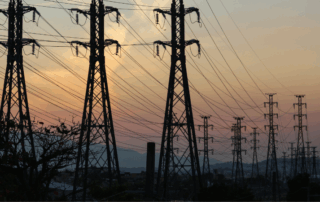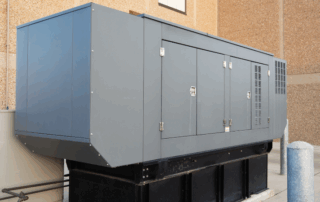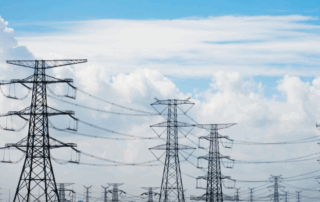Energy Procurement Management: Process, Benefits & Best Practices
Energy procurement management is a strategic process crucial for businesses looking to control energy costs, especially in deregulated energy states. This article will outline the energy procurement management process, highlight best practices, and explain why many businesses trust Diversegy with their procurement plans.
Con Edison NY Rising Energy Costs
Con Edison is proposing significant rate hikes for 2026, with electric bills expected to rise by 11.3% and gas by 13.4% across New York City and Westchester. These increases highlight the urgent need for businesses to plan energy procurement strategies for the years ahead.
Business Gas & Electricity Comparison
As energy prices continue to rise globally, understanding and managing your energy procurement strategy is more important than ever. Whether you are a large electricity user, natural gas user, or both, this article will help you understand what drives both costs, how to shop for lower-cost energy, and the best ways to develop an effective energy strategy for your business.
On-Site Power Generation: How Large Energy Users Are Making Their Own Power To Offset Rising Capacity Costs
Rising capacity charges, unpredictable market prices, and mounting sustainability targets are prompting a growing number of businesses to generate their own electricity on-site. This article explores the forces driving adoption, the technologies leading the movement, and how companies are using on-site generation to protect their bottom line.
Minimum Offer Price Rule (MOPR) And Its Impact On PJM Capacity Market Participants
The Minimum Offer Price Rule (MOPR) is a controversial policy in the PJM capacity market, designed to prevent market manipulation by ensuring state-supported power plants bid at a fair minimum price. Understanding MOPR is crucial for brokers, consultants, and large energy users to navigate procurement strategies and predict capacity costs in this evolving market.
Impact Of Electric Vehicles (EVs) On The Grid
Electric vehicles (EVs) are quickly becoming a cornerstone of consumer transportation in the U.S., with their adoption profoundly reshaping how our electrical grid operates. This article explores how the rise in EV charging demand impacts the electricity market and what consumers can do to mitigate rising costs.





